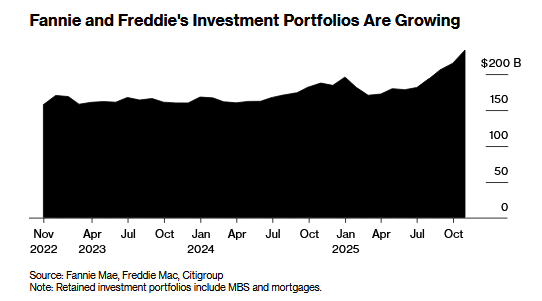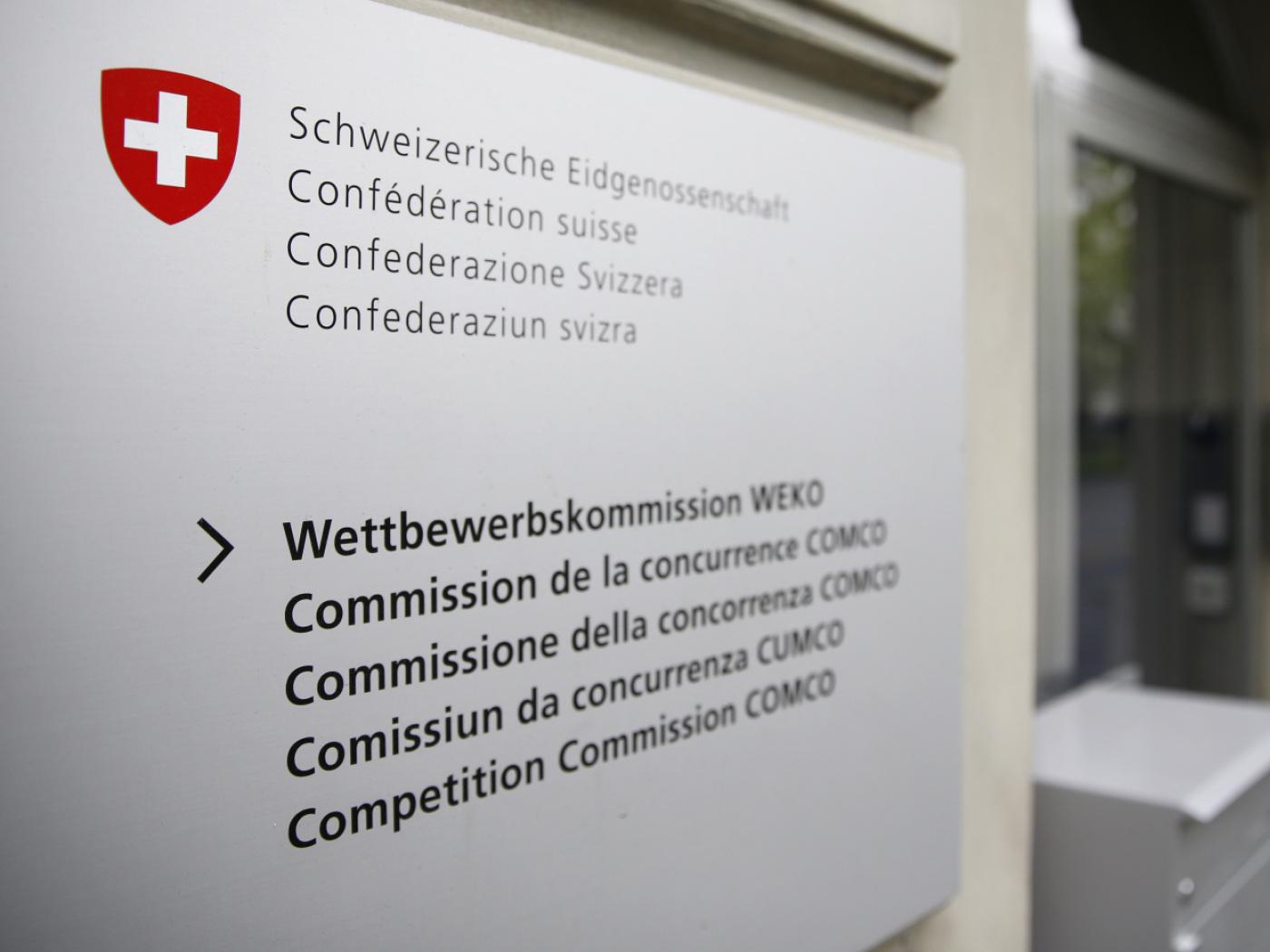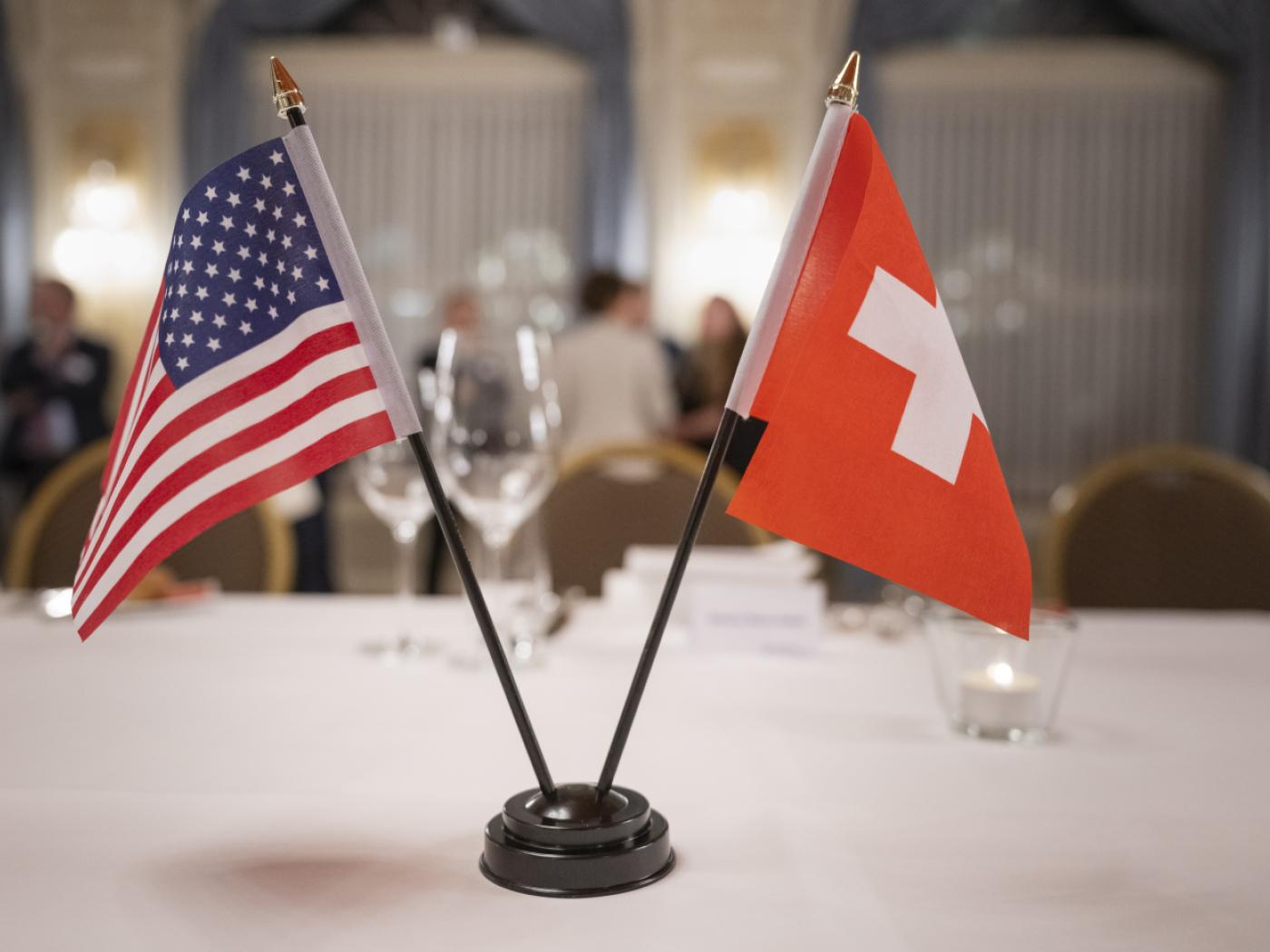
Under an agreement reached in Geneva, countries with more than 75,000 tonnes in post imported annually – mainly the US – may apply self-declared new rates for distributing foreign mail from July 2020
I think it’s fair to say many people may not have heard of the Universal Postal Union (UPU). Its unassuming headquarters sits peacefully in a leafy suburb of Bern. It is the only United Nations agency to grace Switzerland’s capital with a presence.
In fact, the UPU is older than the UN itself. Founded in 1874, its mandate is to regulate the booming new (in the 19th century) international communication of letters and parcels. Families divided by waves of migration wanted to write to each other, to send gifts and supplies from Scotland to Canada, from Poland to New Jersey, from Borneo to Amsterdam.
“This is an organisation that serves humanity like no other organisation,” enthuses its Director General Bishar Hussein. “We reach the furthest reaches of this planet. In times of war, in times of peace. We have seven million men and women who knock on your doors. We deliver people’s aspirations and hopes to their loved ones.”
The UPU’s role was, and remains, to regulate this international communication, and ensure that postal rates are fair and affordable. It’s a perfectly reasonable goal, and one that most national postal systems operate within their own territories as well. For example, the banker posting a letter from one side of Zurich to the other pays the same price for a stamp as the farmer in Glarus posting one to her student daughter in Geneva.
When the UPU became a UN agency in 1948, amid the post-war enthusiasm for fairness and universality, there was no real disagreement. The UPU has 192 member states, any citizen of any one of them can buy stamps in his or her own country and know that those stamps will ensure their letter or parcel is delivered to any other country in the world.
But this is where it gets tricky: the cost of stamps for a parcel from Cambodia to Switzerland is not as much as the other way around, neither is it as much as a parcel from Iowa to Illinois. To ensure that developing countries are not disadvantaged by unaffordable postal rates, wealthier countries pay more. This is known as the ‘terminal dues’ system.
E-commerce worth billions
And of course, international post in the 21st century is not the same as it was in the 19th. “E-commerce is really transforming the world,” explains Paul Needham, editor of the postal industry journal CEP.
“Everybody’s buying online, increasingly online from other countries, and then suddenly what you pay to get your goods from another part of the world is becoming more and more relevant both for consumers, for businesses, and of course therefore for governments and other players in the industry.”
With that explosion of e-commerce, companies in China, which is still designated by the UPU as a developing country, can send tonnes of goods, at cheap postal rates set by the UPU, to the United States. The dues paid by the US, which is classed of course as a developed country, subsidize the cost of their delivery to eager US consumers.
It’s a business worth billions of dollars, and it has infuriated President Trump, who already thinks China has an unfair advantage and is therefore pursuing all sorts of trade disputes with Beijing. Last October, he said the US would withdraw from the UPU in one year’s time.
“The Universal Postal Union has a system in which Americans are just getting their clocks cleaned,” harrumphed US trade negotiator Peter Navarro in an interview with Fox News. (I had to Google that expression, apparently it means ‘to get thrashed’ or ‘to be totally defeated’).
Describing the UPU’s system as ‘antiquated’, Peter Navarro said the US wanted to set its own postal rates for incoming mail, and was encouraging other countries to do the same. If the US did not get its way, it would leave.
London has Brexit, Washington has…Pexit
So, although the clock may not actually have been cleaned, it is certainly ticking. An eleventh-hour extraordinary congress of the UPU (only the third in its long history) has been taking place in Geneva this week in an attempt to prevent a potential US ‘Pexit’ in just a few weeks’ time.
“It could actually make Brexit look like a storm in a teacup,” suggested Paul Needham, as the congress got underway. “It could be chaos. If the US goes ahead with its threat to leave the UPU in October, then suddenly all the rules and regulations that the US postal service works with at the moment no longer apply. Essentially for anybody sending a little package from anywhere in the world to the US it’s completely unclear what they will have to pay in terms of the postage rates from October onwards.”
Director General Bishar Hussein was also concerned, warning of ‘major disruption’ if the problem was not solved.
But he also agreed that change was needed. “There’s no organization that can survive if it does not change with changing times. We are 145 years old, we have been trying to reform, but the pace has not been fast enough,” he said.
The problem of course, as with so many UN organizations, is that reform requires the consent of 192 countries with very different populations, economies, and goals. And the UPU must, to stay true to its mandate, stay fair and universal.
And so, the search for compromise: over two days member states considered options, rejecting some, amending others. Finally, a solution emerged on Wednesday: the US, and other high-volume importers of mail and parcels, will be allowed to set their own rates for delivering mail from abroad. The US will start next year, others will introduce change over a six-year period.
The US is hailing this as a victory. Pointing to his boss President Trump’s instruction to ‘fix it’, trade negotiator Peter Navarro said the congress had ‘more than achieved’ the goal of reforming the UPU’s dues system, and ‘done it in Trump time’.
What’s the future?
For the UPU itself, the victory lies in averting a US walk out, and possible chaos in the global postal system. But there are questions: the UPU’s mandate remains to ensure that international post is affordable to all, wherever they live. That may not be easy to uphold as individual countries start to introduce their own rates, although the volume threshold required for countries to set their own rates should prevent a total free for all in pricing.
It is certain the cost of sending a parcel from China to the US will rise; the door is now open, at least a crack, for other countries engaged in trade disputes to impose higher postal rates on one another. Nevertheless, Bishar Hussein is convinced the 145-year-old UPU has a bright future.
“We can’t just disappear, people have this notion that the postal service is old, and of course we need to reform and update our infrastructure and everything else. But really there is no alternative to the UPU, so we will be there, we will deliver the parcels and the packets. We may have challenges, but we have always overcome our challenges,” he declared.
Full story here Are you the author? Previous post See more for Next postTags: Business,newsletter



























